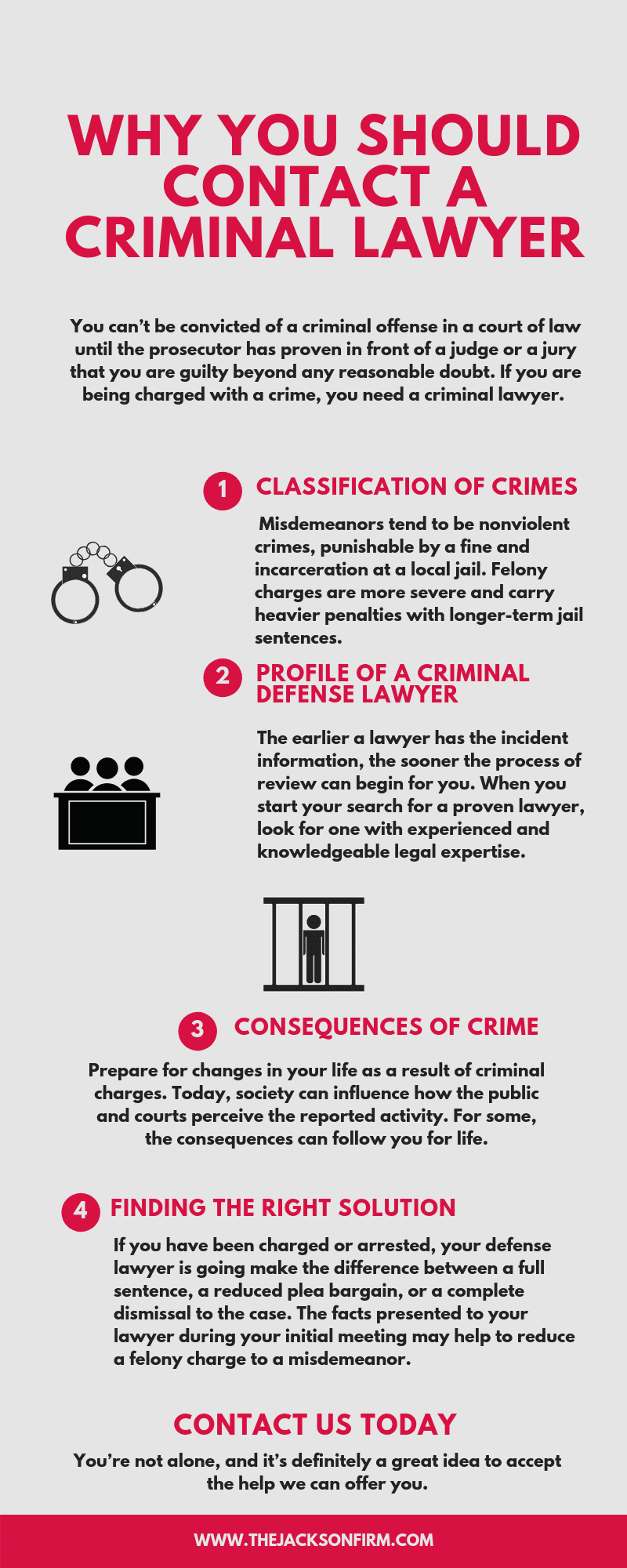The Feature Of Proof In Criminal Defense: Important Facts You Must Know
The Feature Of Proof In Criminal Defense: Important Facts You Must Know
Blog Article
Article Created By-Wrenn Arthur
When you consider criminal defense, proof is frequently the first thing that comes to mind, and completely factor. It's the foundation upon which your case stands, forming the story and affecting the jury's understanding. Various types of proof, from physical to electronic, each play a special function in developing a defense. Yet not all evidence is dealt with equally; admissibility criteria can make or break your protection approach. Recognizing these subtleties is critical, particularly when considering just how they can impact the end result of a test. So, what should you understand about these criteria?
Sorts of Proof
When it comes to criminal protection, recognizing the kinds of proof can make all the difference in your situation. Evidence falls under a number of categories, each playing a crucial role in establishing the realities of your scenario.
One common type is testimonial proof, that includes statements made by witnesses. Their accounts can supply insight into what took place and can either support or challenge the prosecution's insurance claims.
Physical proof is an additional important type, incorporating concrete things like tools, garments, or finger prints. This kind of evidence can straight link you to a criminal offense or help disprove allegations against you.
Then there' please click the next webpage , that includes records, photos, or any kind of written materials relevant to your situation. These files can give a timeline or context that's important for your protection.
Lastly, you can't overlook digital proof, which includes data from mobile phones, computers, or social media. This sort of proof can expose important details about your tasks or interactions.
Admissibility Standards
In criminal protection, the admissibility of proof is crucial to your situation's outcome. You'll need to comprehend the requirements that figure out whether evidence can be made use of in court. Generally, proof should matter, reliable, and acquired lawfully to be thought about admissible.
click here implies the evidence should directly relate to the situation and help prove or negate a truth moot. If it does not link to your protection or the charges against you, it might be excluded.
Reliability makes sure that the proof is reputable and trustworthy; for example, eyewitness testimony can be brought into question if the witness has a history of undependable accounts.
In addition, evidence needs to be collected in accordance with lawful procedures. Any kind of evidence gotten through prohibited ways, such as an illegal search or seizure, may be deemed inadmissible under the exclusionary policy.
Recognizing these standards can encourage you to work efficiently with your attorney. They'll browse the intricacies of these policies to strengthen your defense, making certain only the best evidence exists in your support.
Always remember, the admissibility of proof can substantially affect the court's perception of your instance.
Influence On Protection Methods
The admissibility of evidence straight forms your protection strategies. When proof is regarded acceptable, you can utilize it to build a solid case. Conversely, if evidence is ruled inadmissible, you need to pivot your approach. Recognizing what proof the prosecution can present aids you expect their arguments and prepares you to counter them successfully.
You'll wish to concentrate on gathering proof that supports your protection. This might include witness statements, professional statement, or documents that challenge the prosecution's cases. The objective is to create practical uncertainty in the minds of the jurors. If certain pieces of proof are weak or contentious, you might take into consideration a method that emphasizes other solid elements of your instance.
Additionally, the sort of proof-- whether it's forensic, testimonial, or digital-- will dictate just how you connect your defense. You'll need to craft compelling stories that reverberate with the court while making use of admissible proof to support your cases.
Ultimately, your technique must be versatile, enabling you to adjust as new proof emerges or as judgments are made. Each decision you make should align with the objective of making certain the most effective feasible outcome for your situation.
Final thought
In criminal protection, proof plays a critical role in shaping your case. By understanding the various types of evidence and their admissibility criteria, you can strengthen your protection approach and produce practical doubt psychological of jurors. Collaborating carefully with your lawful guidance guarantees that your proof is presented effectively and adapts to any type of new growths throughout the trial. Eventually, the best proof can make all the distinction in attaining a favorable end result.
